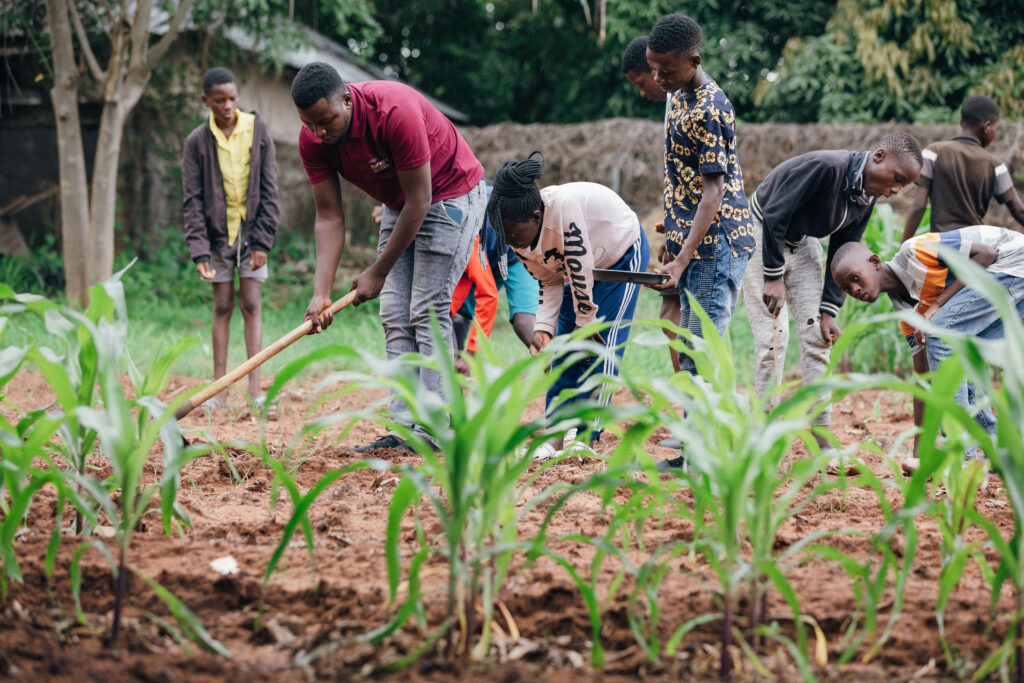Blog |
Climate Change
Education
Environment
Environmental Action: Empowering Children


